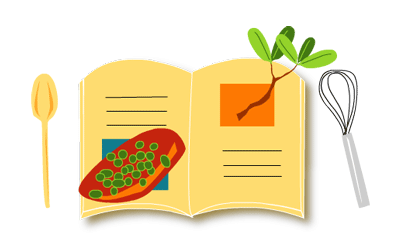 My spaghetti sauce is simmering on the stove, filling my home with a wonderful, tantalizing aroma. I am stirring occasionally and looking forward to enjoying my dinner. I didn't lovingly slave over the stove for hours creating my special secret-ingredient-recipe-that-only-my-sister-and-daughters-know homemade spaghetti sauce like I usually do.
My spaghetti sauce is simmering on the stove, filling my home with a wonderful, tantalizing aroma. I am stirring occasionally and looking forward to enjoying my dinner. I didn't lovingly slave over the stove for hours creating my special secret-ingredient-recipe-that-only-my-sister-and-daughters-know homemade spaghetti sauce like I usually do.I browned a pound of lean ground beef, added some onions, green bell peppers, and mushrooms. Then I sprinkled some dried oregano and dried minced garlic over the meat and vegetables as they were cooking. For the final touch, I poured in a 26 oz. jar of Classico Fire Roasted Tomato & Garlic spaghetti sauce, put a lid on the pan and let it do its own thing.
While this is going to make a delicious dinner, served over whole grain spaghetti pasta along with a simple ripped Romaine green salad, tossed with extra-virgin olive oil, sprinkled with dried oregano, and topped with shavings of real Parmesan cheese, it will NOT make a delicious recipe in your cookbook. When you read the recipe of what I'm going to have for dinner, was your first thought that this was a recipe you just had to have? Were you wishing you were my neighbor and that I would invite you over to dinner? Probably not, unless you were really starving or forgot to go to the grocery store and you have no food in your house. By the way, Parmesan cheese on a salad is really good!
When people are standing in a bookstore (or wherever your book is sold) deciding whether to buy a cookbook, they look through it first, reading the recipes and imagining the finished dishes in their mind. If you offer them a generic recipe, like my "Simply Simmering Spaghetti," they'll probably put your cookbook back on the shelf and move on to the next one which has more appealing and interesting recipes.
Feed your readers well-written recipes they can envision in their mind and almost smell and taste. Entice them with a promise of a delicious meal with every recipe. Make their mouth water while they read through your list of ingredients in anticipation of how wonderful this recipe will turn out to be.
I can almost hear you thinking, "How will reading a list of ingredients create magic in a cookbook buyer's mind?" Whet their appetite with an appealing, catchy recipe name. Make the text eye-pleasing and attractive by using a serif font (one with feet, such as Times Roman) and attractive spacing for reading. Engage the reader in your dialog. Right under the recipe name, provide a note about the recipe, an interesting anecdote, or some information relative to the theme and story line of your cookbook. This is called a headnote.
And with these little tidbits of information, I leave you to let simmer in your mind how powerful a short note to your reader can be.




